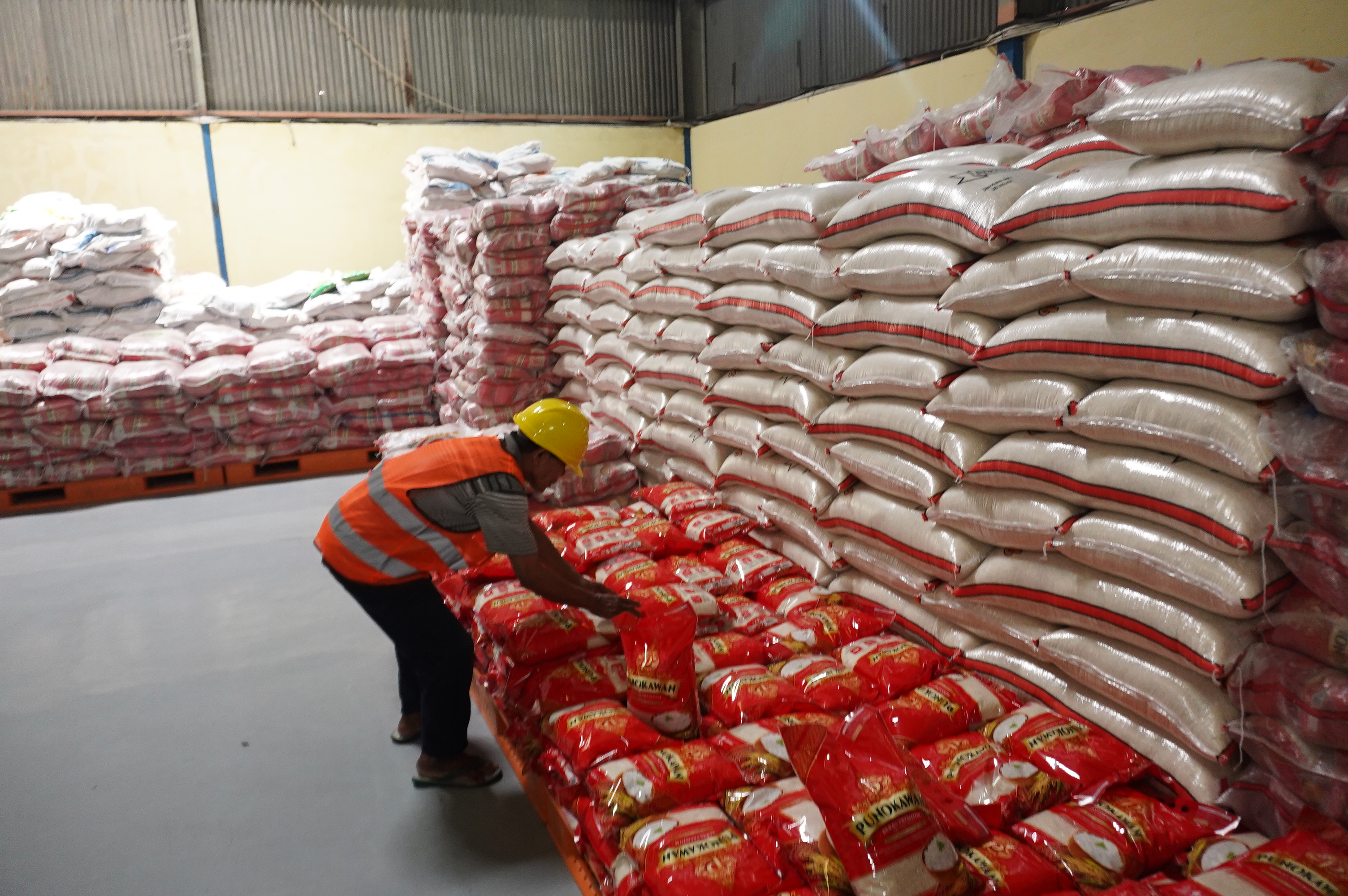Indonesia Hits Record 4 Million Tons in Rice Reserves, Agriculture Minister Credits Higher Buying Price
Main Takeaways
|
JAKARTA, Friday, May 30, 2025 — Indonesia has achieved a historic milestone with its government rice reserves surpassing 4 million tons for the first time, a feat that Agriculture Minister Andi Amran Sulaiman credited to a bold new pricing policy favoring farmers.
Speaking in Jakarta on Friday, Agriculture Minister Andi Amran Sulaiman said the government’s decision to set the Government Purchase Price (HPP) for dry harvested unhusked rice (GKP) at Rp 6,500 per kilogram (about $0.41) played a central role in securing the record volume of rice stockpiles.
“This is a direct result of President Prabowo Subianto’s unwavering commitment to agriculture,” Amran said. “Policies like raising the HPP and eliminating the quality deduction system have empowered farmers to earn better income—even during peak harvest.”
The Ministry’s success aligns with national efforts to bolster food security and ensure price stability for staple commodities. Under President Prabowo’s administration, several presidential instructions (inpres) have aimed at streamlining agricultural operations and improving farmer welfare.

Surge in Rice Production and Bulog Absorption
According to the Central Statistics Agency (BPS), rice production from January to May 2025 reached an estimated 16.55 million tons, marking an 11.95% increase compared to the same period last year.
“In the past, harvest season meant plunging grain prices and losses for farmers,” Amran said. “Now, most farmers can sell their GKP at or above the government-set price of Rp 6,500 per kilogram. This is the impact of a farmer-centric policy.”
This momentum has been amplified by Perum Bulog, the state logistics agency, which has recorded its highest procurement volume in 57 years. By the end of May, Bulog had absorbed over 2.4 million tons of local rice, representing a 400% jump compared to the average for the same period over the past five years.
“This demonstrates that domestic production isn’t just rising—it’s being directly absorbed from farmers,” Amran noted. “This strengthens our national reserves and stabilizes prices at the farmer level.”
Strategic On-Ground Procurement
Minister Amran also lauded Bulog’s “aggressive field strategy” in sourcing rice directly from farmers—a move that has ensured both stable prices and assured markets for producers.
“Bulog’s door-to-door approach is highly effective,” he said. “It’s not just about strengthening reserves; it gives farmers confidence in both price and demand.”
Real-time government data as of Thursday, May 29, 2025, at 21:41 WIB, showed that Bulog’s rice equivalent absorption had reached 2,407,257 tons, while national rice stock had officially hit 4,001,059 tons—an all-time high since Bulog’s establishment in 1969.

